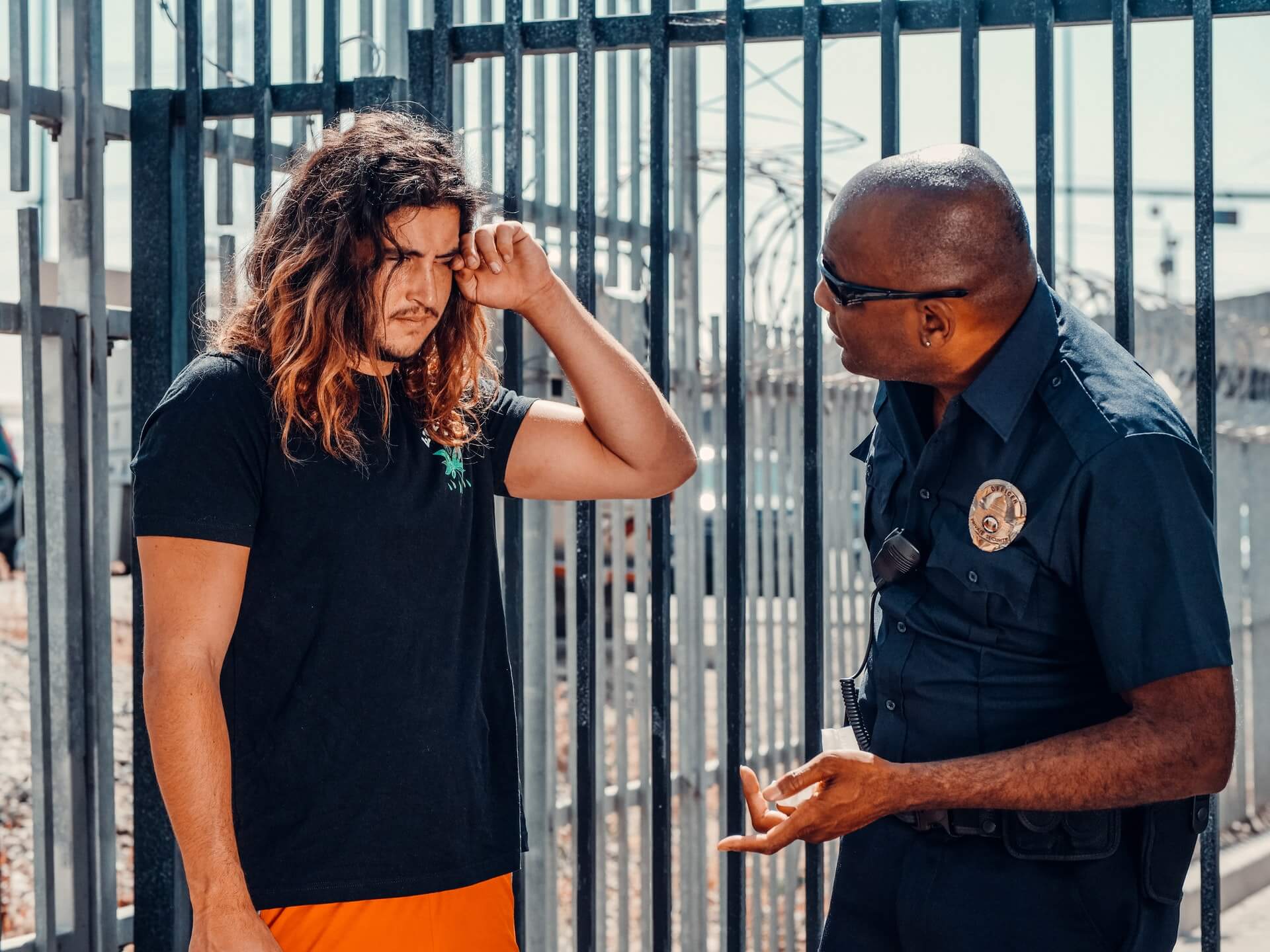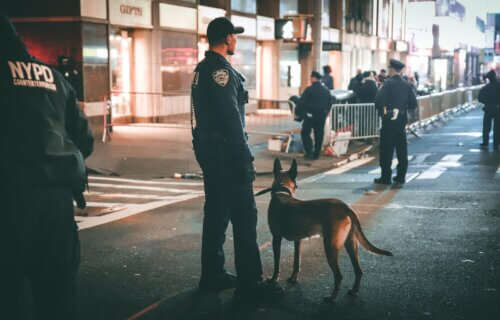AMES, Iowa — It’s no secret that police officers, detectives, and other first responders often don’t get enough sleep. Crime can happen at any time of day. Between that and late-night shifts, it can throw off both sleep cycles and work quality. Now, researchers from Iowa State University (ISU) find that tired officers have a more difficult time solving crimes and gathering information that delivers justice for victims.
“Unfortunately, there hasn’t been a lot of research about the role of sleep for people who conduct high-stakes investigations. We wanted to see what real detectives and law enforcement officers experience during their investigative interviews because we know that they’re often getting less sleep than the recommended amount and frequently experience sleep disorders,” says Zlatan Križan, the study leader and a sleep scientist and psychology professor at Iowa State University.
Alongside ISU psychology professor Christian Meissner, graduate student Anthony Miller, and retired homicide detective Matthew Jones, Križan recruited 50 law-enforcement officers from Arizona, Iowa, Kansas, and Nevada. The participants wore a sleep-activity tracker for two weeks and completed a daily survey that asked questions related to sleep quality, stress, hours worked, and self-care habits like hobbies and exercise.
The officers also reported victim, witness, and suspect interactions during real investigative interviews. Križan says that the key to getting useful information to crack cases is establishing a rapport with the other person, which can be hard to do in a short interaction. As such, investigators have to change tactics to maximize their time with someone, especially if the interviewee is skeptical of law enforcement, actively trying to cover up a crime, or annoyed by having to come in and go through this process.
“Conducting an effective interview requires considerable cognitive effort and the ability to manage one’s emotions. Investigators often informally report considerable stress and sleep disruption as a part of the job. For the first time, the current study documents how an investigator’s sleep and fatigue can significantly influence the success of an interview or interrogation,” says Meissner in a university release.

The results reveal that officers often slept less than seven hours a night, took a long time to fall asleep, woke up multiple times throughout the night, and had several days with such limited alertness that it was comparable to mild levels of alcohol intoxication. Further, officers reported greater resistance from interviewees and more difficulty establishing a rapport with them on days when they were sleepier. Križan attributes this to investigators possibly losing their patience during interviews. Most often, officers working late-nights and early-mornings were the ones reporting these experiences.
“The study results indicated that less fatigued officers and investigators may be better equipped for reaching investigative solutions and bringing appropriate culprits to justice,” explains Križan. “Fatigue management and wanting well-rested law enforcement is really important for ensuring both their effectiveness and ensuring valid outcomes of investigations.”
Križan says that it isn’t just law enforcement officers that have these problems, but firefighters and paramedics as well. Finding long-term solutions isn’t easy, but a possible one is adding more staff to provide relief and prevent people from feeling overworked. However, this would require a larger budget and a great pool of qualified candidates.
For now, Križan and his team are continuing to research how poor sleep affects the work efficiency of police officers and they are also examining how certain characteristics might affect how sensitive someone is the adverse effects of fatigue.
The findings are published in the journal Scientific Reports.
You might also be interested in:
- Police reveal alarming secret code of what emojis may really mean to kids
- No substitute: When you’re sleep deprived, caffeine cannot fully replace rest
- Best Sleep Trackers: Top 5 Wearable Monitors Most Recommended By Experts

